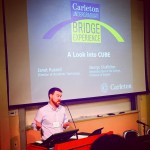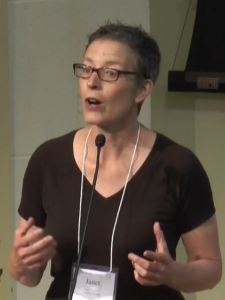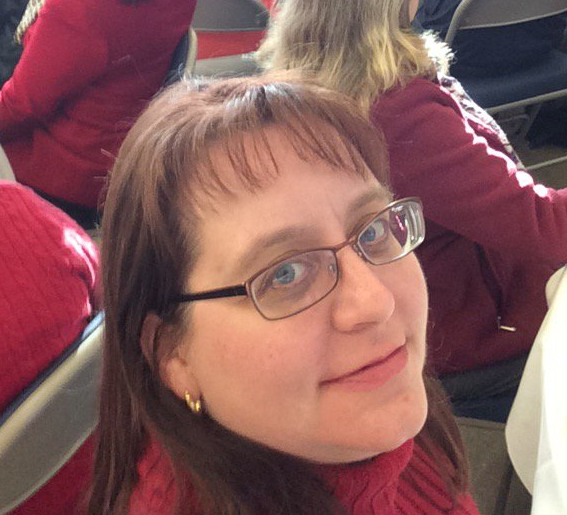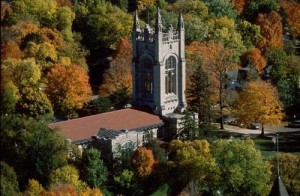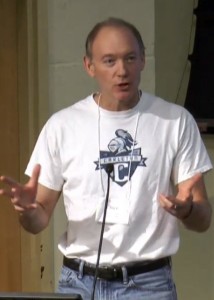
At the LACOL workshop in June, classicist Chico Zimmerman from Carleton College shared a short plenary talk entitled, “Toward a better Latin placement test”, also known as, “A Tale of Two Arcadian Friends, a Homocidal Innkeeper, and a Pile of Manure.”
In their teaching, faculty strive to meet students where they are, but often must ask, where exactly ARE they? For incoming students at Carleton, the Classics department found that their Latin placement test was not giving enough granular diagnostic information, especially for less experienced students. To address this need, Zimmerman and his colleages are investigating a variety of adaptive tools and platforms with the potential to help them better understand and guide their students at the appropriate level.
In the video clip below, Zimmerman shares details on Carleton’s experiments thus far with Moodle, Assistments, Smart Sparrow, and other tools. Similar themes of adaptive and digitally-enhanced support for language instruction and other disciplines were explored in sessions throughout the two-day workshop program.
https://youtu.be/kgJF_IgiXB8
Chico Zimmerman explores tools for better language placement at the LACOL workshop.
This talk also related to remarks in the Adaptive Learning breakout session, particularly William Turpin’s presentation on adaptive tools for Latin.
